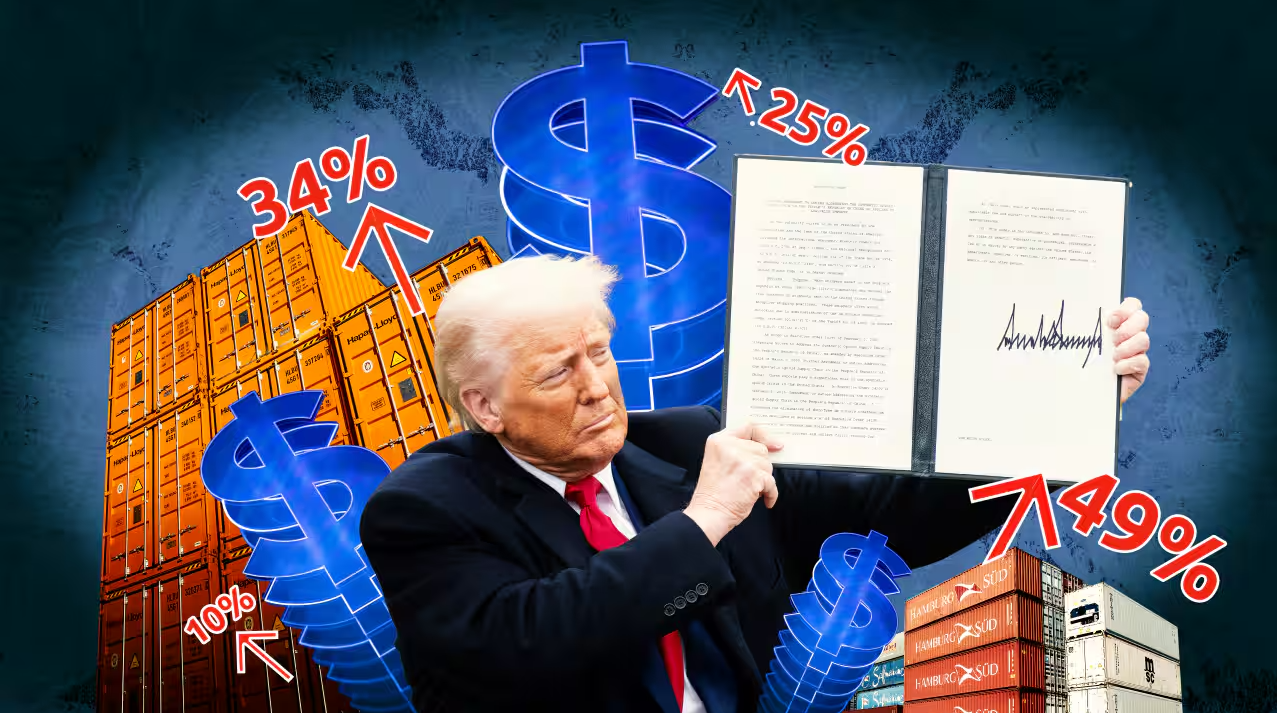
Ding Yifan, China Forum Expert and Deputy Director of China Development Research Center
Apr 30, 2025
There is no winner in a trade war, because sabotaging trade hurts both sides. “Killing 1,000 enemies while losing 800 of one’s own” — a Chinese saying for a scenario in which the cost does not justify the gain — is applicable in this case.
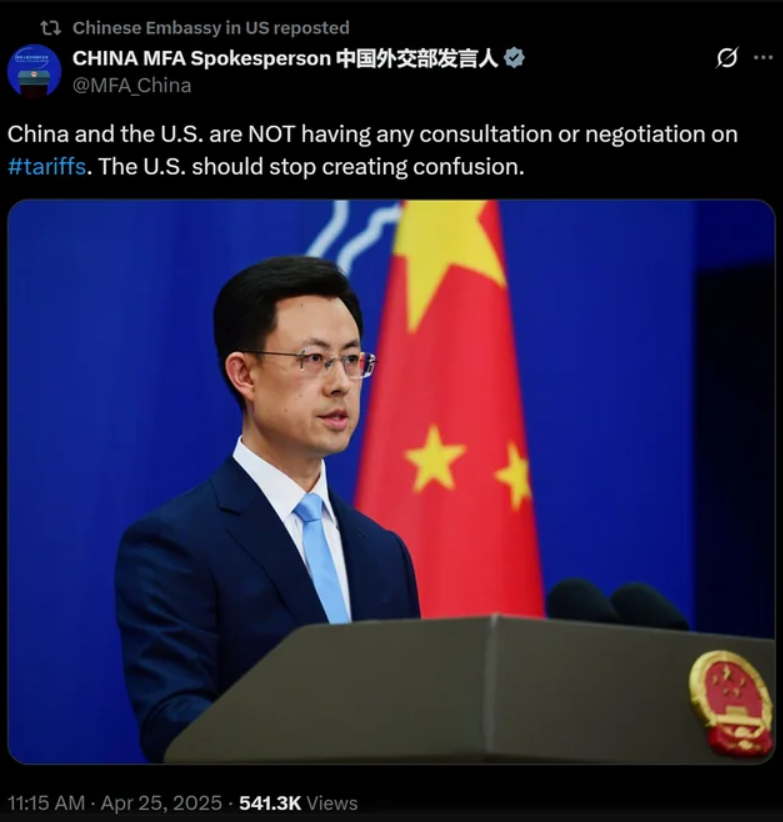
He Weiwen, Senior Fellow, Center for China and Globalization, CCG
Apr 30, 2025
Tariffs and a trade war are definitely going in the wrong direction. Trump and his team should cast aside all illusions that China will capitulate and that the U.S. can survive the tariff war. The only wise choice is to dump the tariffs and come to the table for talks.
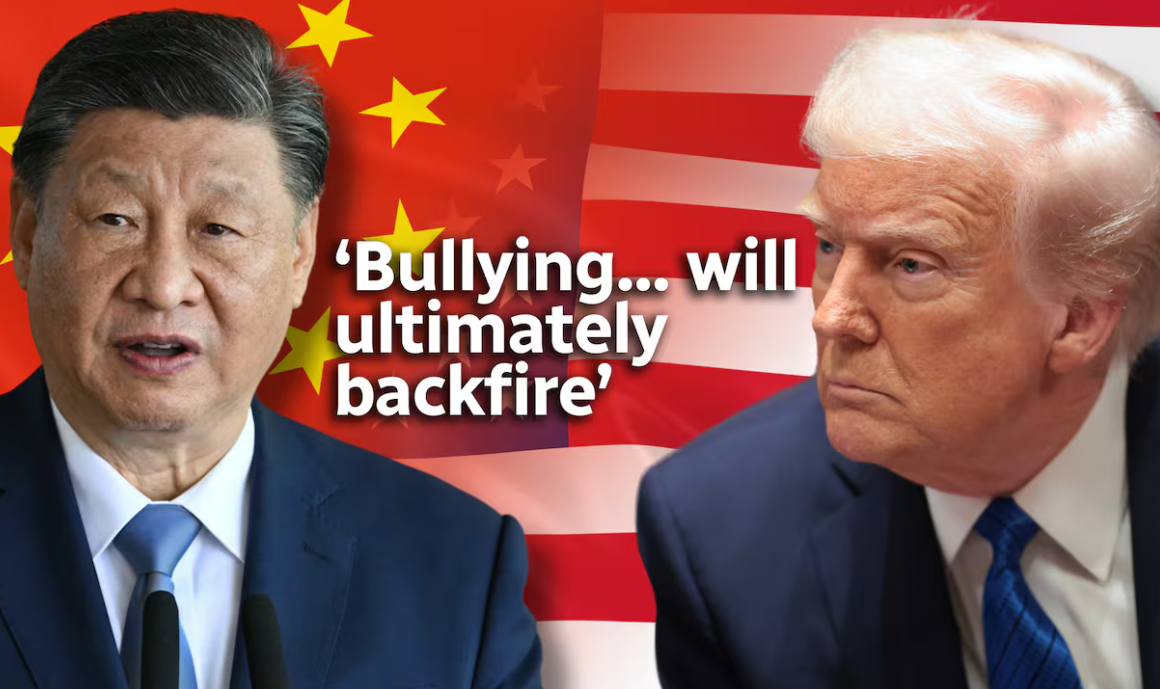
Brian Wong, Assistant Professor in Philosophy and Fellow at Centre on Contemporary China and the World, HKU and Rhodes Scholar
Apr 28, 2025
Speculation about a "Grand Bargain" between Trump and Xi persists, but deep divisions within Washington, Trump’s erratic leadership, and Beijing’s long-term strategic patience make a major breakthrough unlikely. Even if a meeting occurs, structural mistrust and political instability on both sides suggest any deal would be fragile at best.

Shang-Jin Wei, Professor, Finance and Economics at Columbia University
Apr 22, 2025
China has taken a tough stance against US President Donald Trump, matching the last two rounds of US tariffs with tariffs of its own. The US tariff on goods from China is now 145%, while China’s is 125%. Why does China take such a position, and are there any off-ramps that would allow it to mitigate the costs of a prolonged trade war?
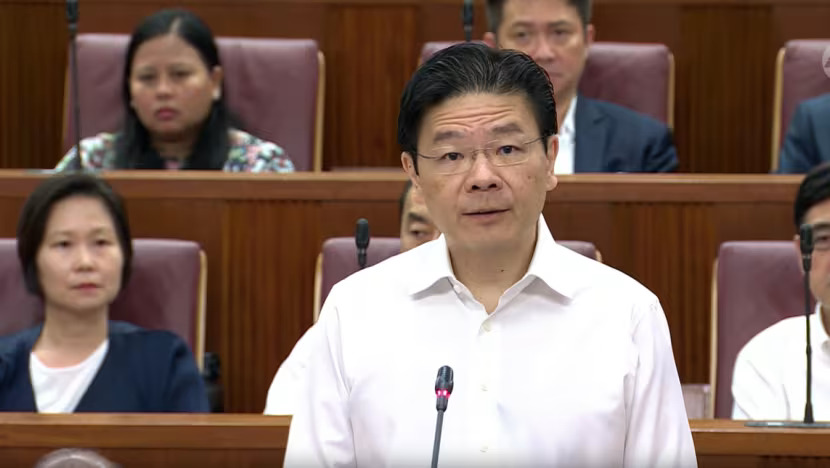
Richard Javad Heydarian, Professorial Chairholder in Geopolitics, Polytechnic University of the Philippines
Apr 22, 2025
The recent tariff episode shook global economic confidence in a way that’s only been seen in the aftermath of major catastrophes, despite relief coming in the short-term. Has the damage been done to America’s trade hegemony?
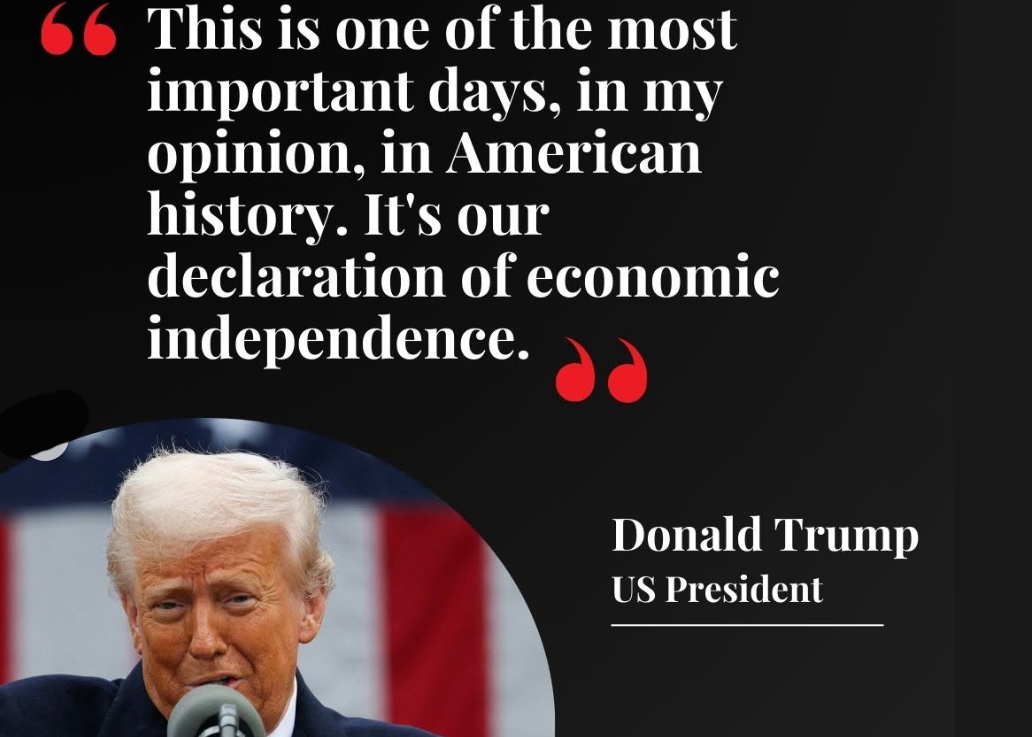
Wang Youming, Senior Research Fellow of BRICS Economic Think Tank, Tsinghua University
Apr 16, 2025
The effect on history of the last one — the Trump populist revolution — remains to be seen. What is certain, however, is that the Trump phenomenon, its support base and the logic of reform it represents, will not simply vanish.
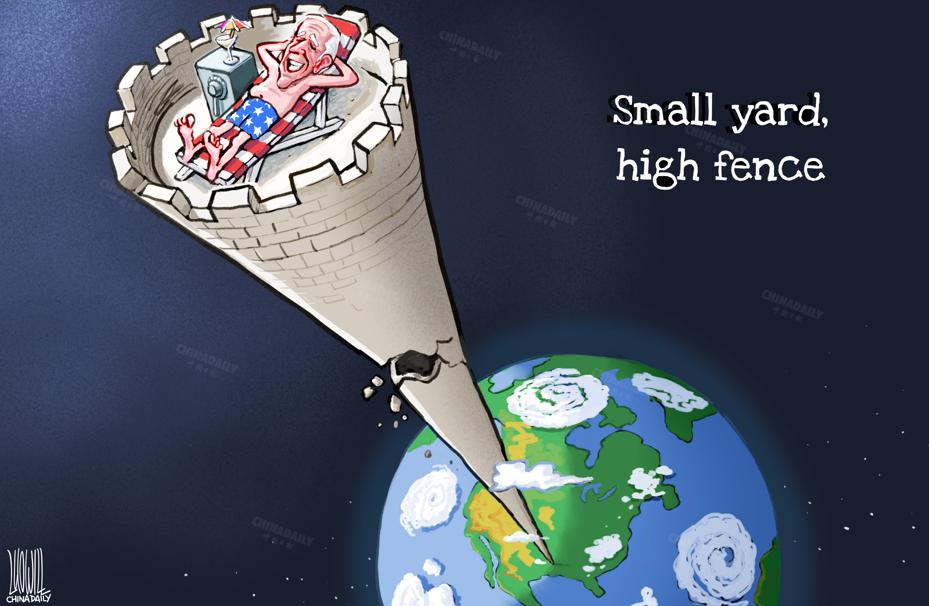
Ghulam Ali, PhD, Monash University, Australia
Apr 16, 2025
His poorly conceived global tariff war will severely affect U.S. consumers, increase inflation, damage America’s reputation as a reliable partner and put the entire global trade system and practices that the U.S. once championed at risk.
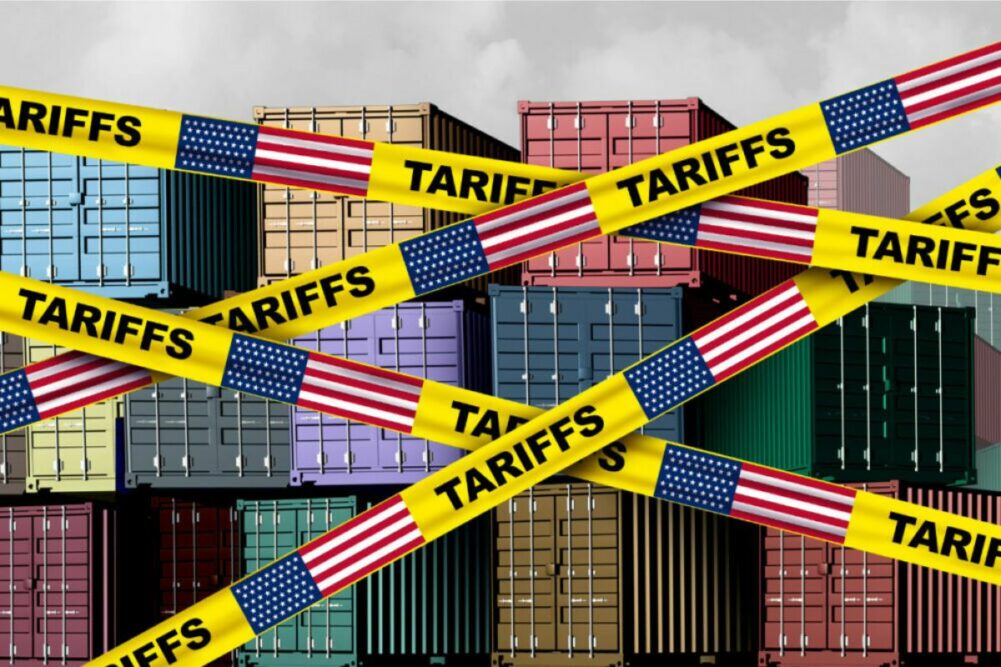
Huang Yiping, PKU Boya Distinguished Professor and Former Member of the Monetary Policy Committee, People’s Bank of China
Apr 14, 2025
US President Donald Trump’s “Liberation Day” announcement of sweeping new tariffs on imports from more than 180 countries will be remembered as a man-made economic tsunami. Many are already comparing it to President Herbert Hoover’s 1930 Smoot-Hawley Tariff Act, which slashed global trade by 66% in five years and deepened the Great Depression. Trump’s tariffs – most of which have been abruptly paused for 90 days – have rattled financial markets, prompting analysts to warn that the United States could enter a recession in 2025.
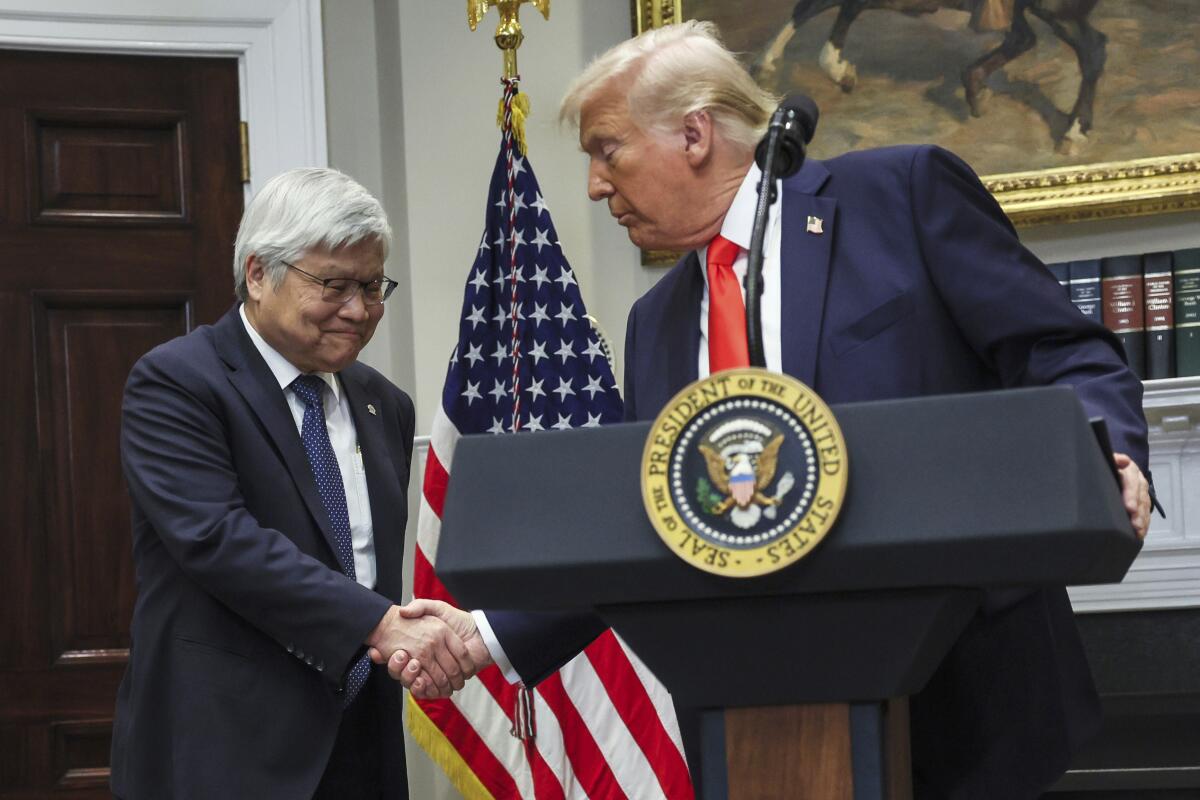
Shao Yuqun, Director, Institute for Taiwan, HK and Macau Studies, Shanghai Institutes for International Studies
Apr 11, 2025
If the Trump administration remains oblivious to the dangers and provocations of Lai Ching-te’s policies, the confrontation between Beijing and the United States over the island will intensify.
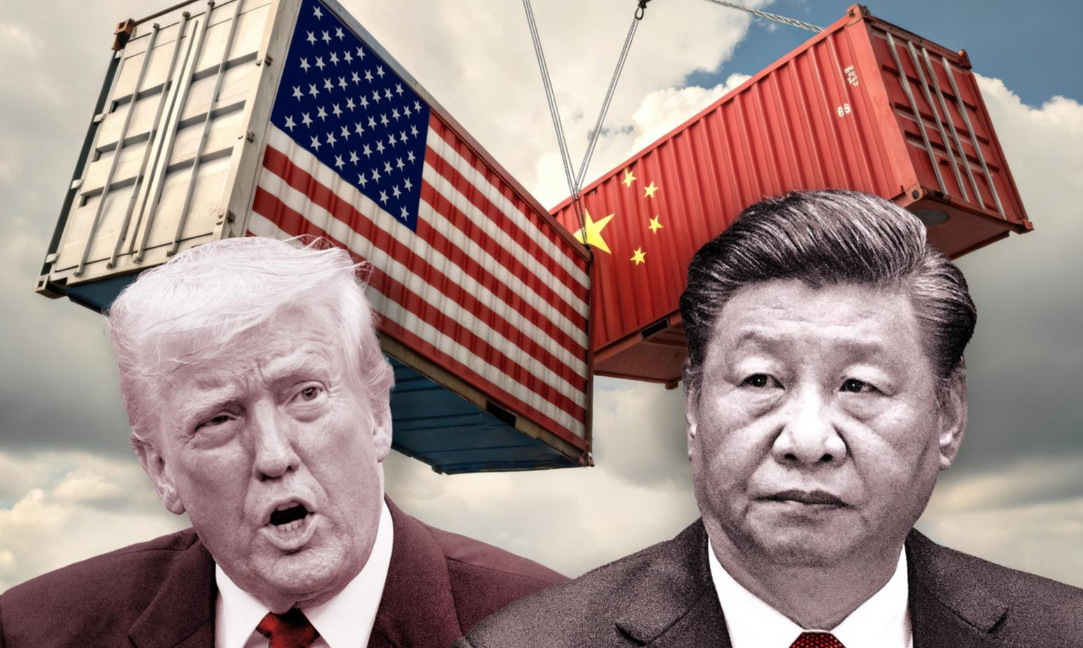
David Shambaugh, Gaston Sigur Professor and Director of China Policy Program at George Washington University, Distinguished Visiting Fellow at Hoover Institution of Stanford University
Apr 09, 2025
The second Trump administration’s China policies have thus far been very opaque and difficult to discern. However, in recent weeks a variety of indicators are beginning to make them clearer—and one dominant theme emerges: China will be viewed as America’s principal adversary.
Back to Top

- China-US Focus builds trust and understanding between the U.S. and China through open dialogue among thought leaders.
- Our Offerings
- Topics
- Videos
- Podcasts
- Columnists
- Research Reports
- Focus Digest
- Stay Connected
-
Thanks for signing up!
- Get the latest stories from China-US Focus weekly.